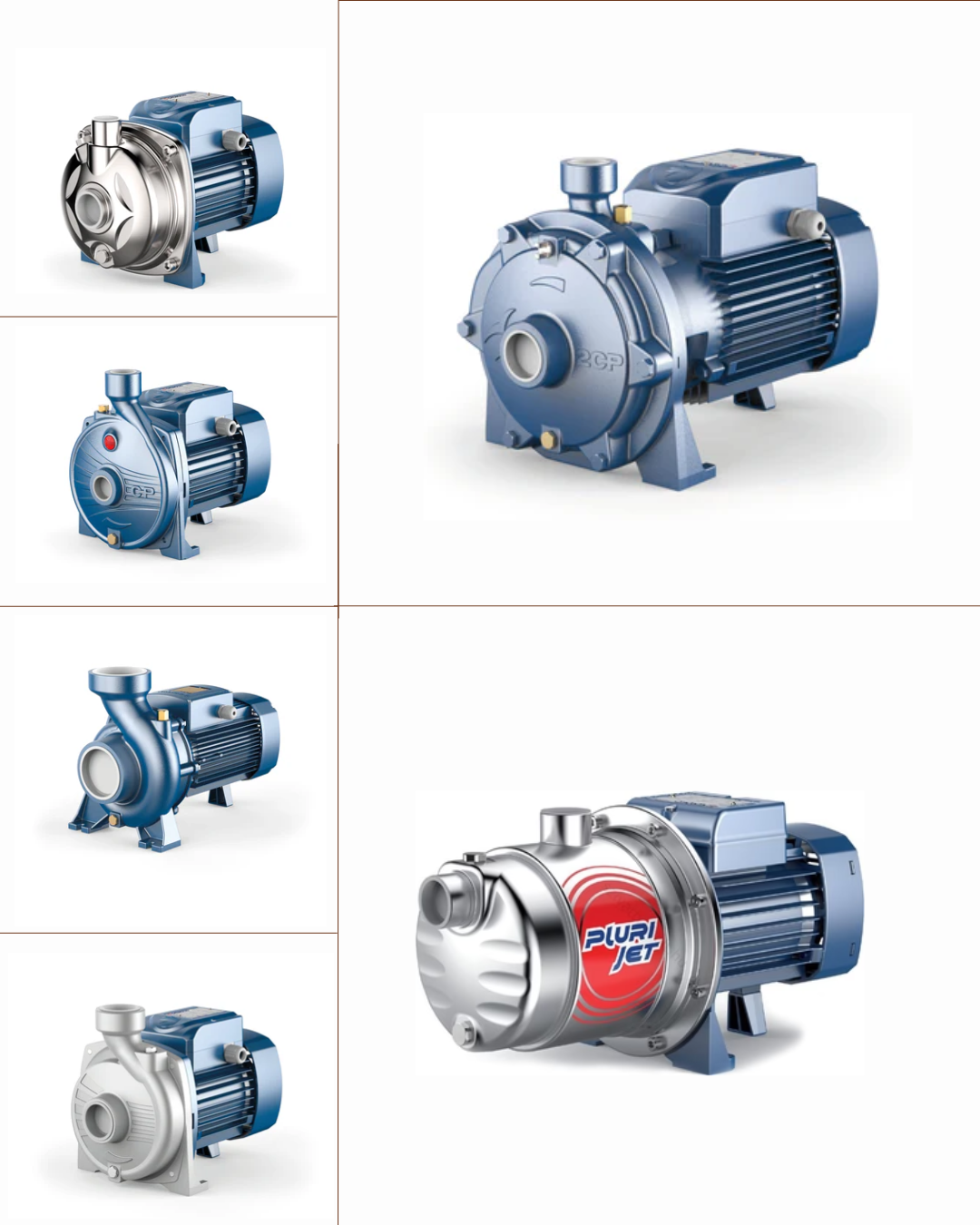Common Myths About Water Pumps (And the Truth You Need to Know)
Posted by Allen Wright on
Water pumps are essential devices for a wide range of tasks, from providing water to your home to powering large industrial processes. Despite their importance, there are many misconceptions about how these pumps work, how long they last, and what kind of maintenance they need. In this article, we’ll debunk some of the most common myths about water pumps and let you know where to get the best reliable quality water pumps.
Myth #1: Water Pumps Require Constant Maintenance
One of the biggest myths about water pumps is that they require constant maintenance. While it’s true that regular maintenance helps ensure a pump’s longevity and efficiency, modern water pumps are designed to be relatively low maintenance. For example, high-pressure pumps for commercial use are built with durable materials and advanced features that reduce the need for frequent upkeep.
The key to keeping your pump in good working order is performing routine checks like changing the oil, cleaning the air filter, and ensuring the pump is free of debris. Regularly inspecting your pump will help you catch small issues before they become big problems, but you don’t need to spend excessive time on it.
Myth #2: Water Pumps Only Last a Few Years
Many people assume that water pumps only last a few years and need to be replaced often. While some older or poorly maintained pumps may wear out quickly, modern pumps can last much longer if taken care of properly. In fact, the best reliable quality water pumps from reputable brands are designed to serve you for many years with minimal issues.
A pump’s lifespan depends on factors like the quality of the pump, how often it is used, and the conditions it operates in. Pumps that are well-maintained and used under the right conditions can last 10 years or more.
Myth #3: All Water Pumps Are the Same

Not all water pumps are created equal. This is another common myth that can lead to problems if you choose the wrong type of pump for your needs. There are many different kinds of water pumps, each designed for specific tasks. For instance, a water pressure booster pump for home is specifically designed to improve water pressure in residential settings, while pumps for commercial use are meant to handle large-scale applications like cleaning, irrigation, or industrial processes.
Choosing the right pump for your needs is crucial to ensure optimal performance and efficiency. Using the wrong pump can lead to reduced efficiency, excessive wear, and higher energy costs.
Myth #4: Water Pumps Use Too Much Energy
Some people believe that water pumps are energy hogs and can cause their electricity bills to skyrocket. While it’s true that older pumps or pumps that aren’t properly maintained may use more energy, modern water pumps are designed with energy efficiency in mind. For example, many reliable quality water pumps now come with energy-saving features like variable frequency drives (VFDs) that adjust the speed of the pump based on demand.
This means that the pump only uses as much energy as needed, reducing energy waste and keeping costs down. Additionally, many water pressure booster pump models are energy-efficient, ensuring you can boost your water pressure without inflating your utility bills.
Myth #5: Water Pumps Are Too Complicated to Install

Some people avoid installing a water pump because they think it’s too complicated or requires specialized skills. While it’s true that some larger or more complex pumps may require professional installation, many smaller pumps, including water pressure booster pumps for home, can be installed by homeowners with basic plumbing knowledge.
Manufacturers often provide detailed instructions and guides to help you install the pump yourself. However, if you’re unsure or don’t feel comfortable doing it yourself, hiring a professional plumber or technician is always a safe option.
Myth #6: A Larger Pump Always Means More Power
It’s a common belief that the bigger the pump, the more powerful it is. While it’s true that larger pumps generally have higher capacities, this doesn’t always mean they are the best choice for every application. Using a pump that’s too large for your needs can result in wasted energy, unnecessary wear, and higher costs.
For example, a high-pressure pump for commercial use might be ideal for industrial purposes but is likely overkill for residential use. Choosing the right pump size based on your needs will ensure optimal performance and efficiency.
Water pumps are vital for many different applications, but there’s a lot of misinformation out there. By debunking these common myths, you can make better decisions when it comes to choosing, maintaining, and installing your water pump.
Looking for reliable water pumps? Check out stainless steel water pumps for sale at Power Plus Retailers! We offer top-quality pumps and water pressure booster systems to meet all your needs.
Contact us today and find the perfect solution for your home or business!

